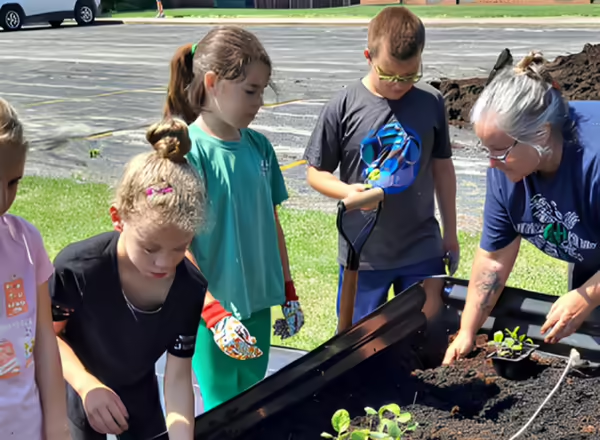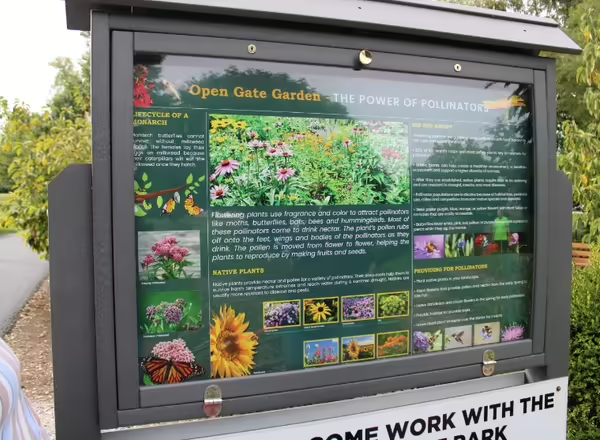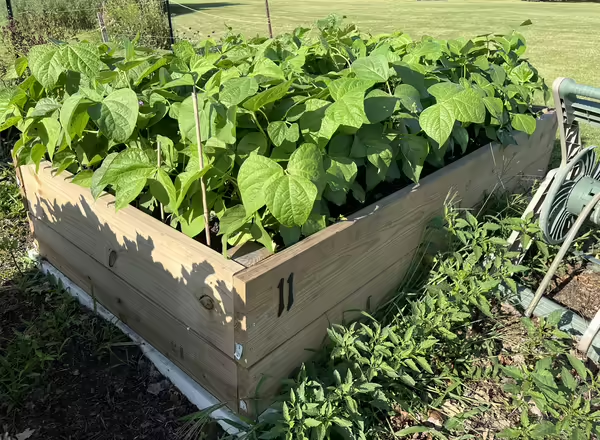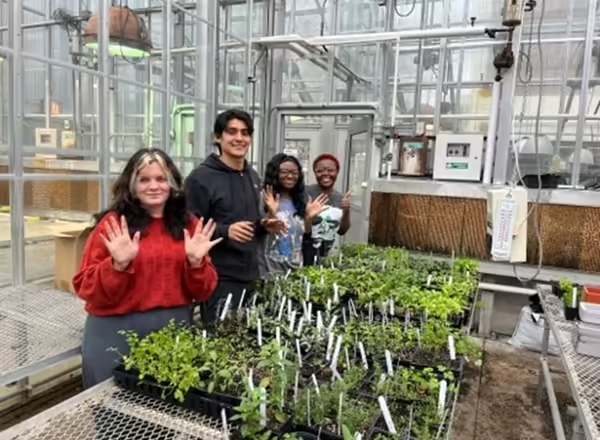Title
Master Gardeners continue to help others learn to grow
In 2024, over 2,200 Master Gardeners contributed over 120,000 hours to the program's mission of "Helping Others Learn to Grow." These hours were dedicated to providing gardening education to the public, donating produce to local food pantries, and community garden projects that attract individuals and pollinators. Gain more insight into how Master Gardeners across Illinois positively impact the community in the 2024 Impact Report.

Through a series of workshops, Master Gardeners partnered with 4-H to get youth involved in the garden. The Junior Master Gardener Spin Club is a collaborative program between Master Gardeners and 4-H. As part of the Junior Master Gardener Spin Club, 10 youth were educated on different gardening topics, including seed starting, soil quality and structure, composting, disease and insect identification and prevention, and floral design, and participated in local events to raise public awareness on the topics.

The alluring aroma and array of attractive colors create a native plant buffet for local pollinators at the Open Gate Garden of Madison County. Through thoughtful planning, Master Gardeners educated the public on the vital balance between native plants and pollinators. Educational signs were installed in high-traffic areas throughout the garden, inspiring visitors to engage with its sights and learn about its offerings. After the signs were placed, Master Gardeners held an open house to feature the new additions, and over 20 visitors walked the garden that day.

Feeding over 400 families a week from one garden alleviates the pressure of limited vegetable sources. However, with pesky diseases lurking about, zucchini crop yields became more challenging to maintain for The Chapel CARE Garden in Libertyville, Illinois. Volunteers applied gardening knowledge to implement the planting of disease-resistant zucchini cultivars, utilized crop rotation, and set up cucumber beetle traps. They also planted Kodiak Brown Mighty Mustard as an organic way to reduce soil-borne diseases. These efforts improved the harvest quality and duration, increasing it from 9 weeks to 14 weeks.

In a community where families face the daily challenge of food insecurity, Master Gardeners connected with students and other community members to transform a space into a thriving garden. Through regenerative gardening, solar technology, and mentorship, students gained skills while positively impacting the community. Over the growing season, 130 college students volunteered at least 2 hours each, contributing to maintaining 1803 pounds of donated vegetables.